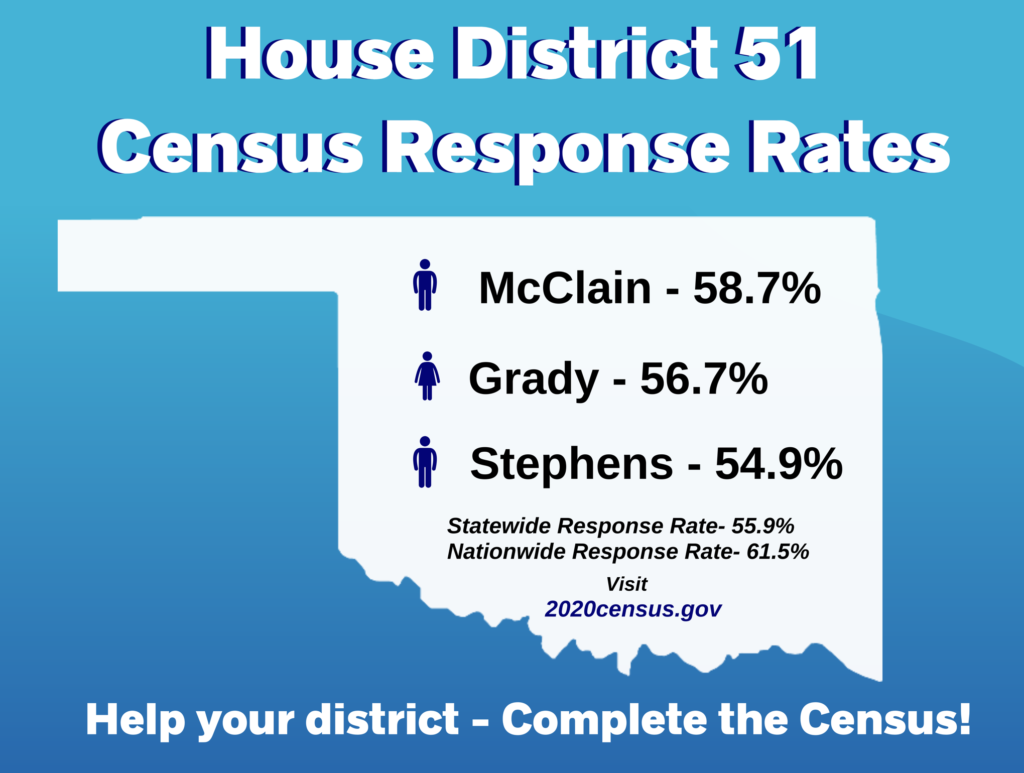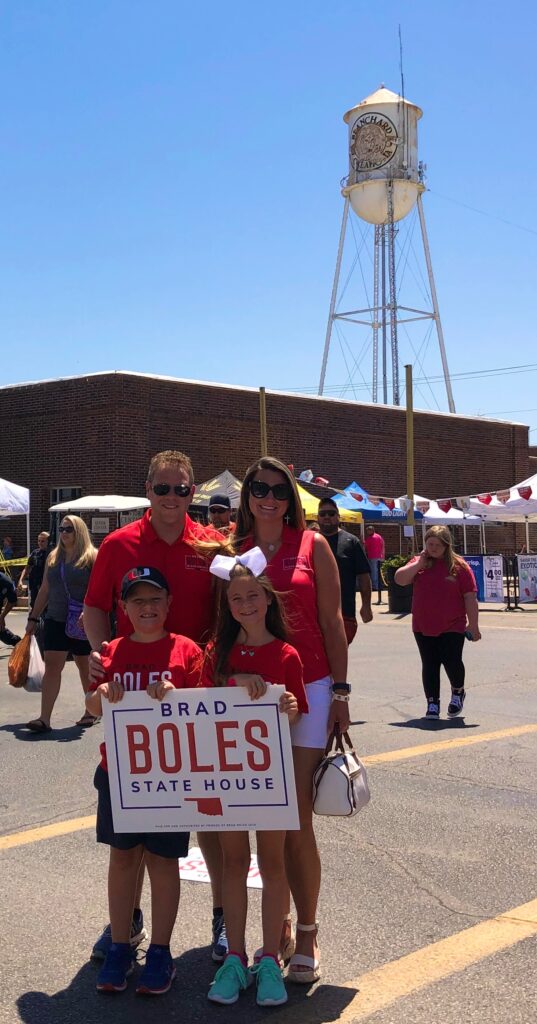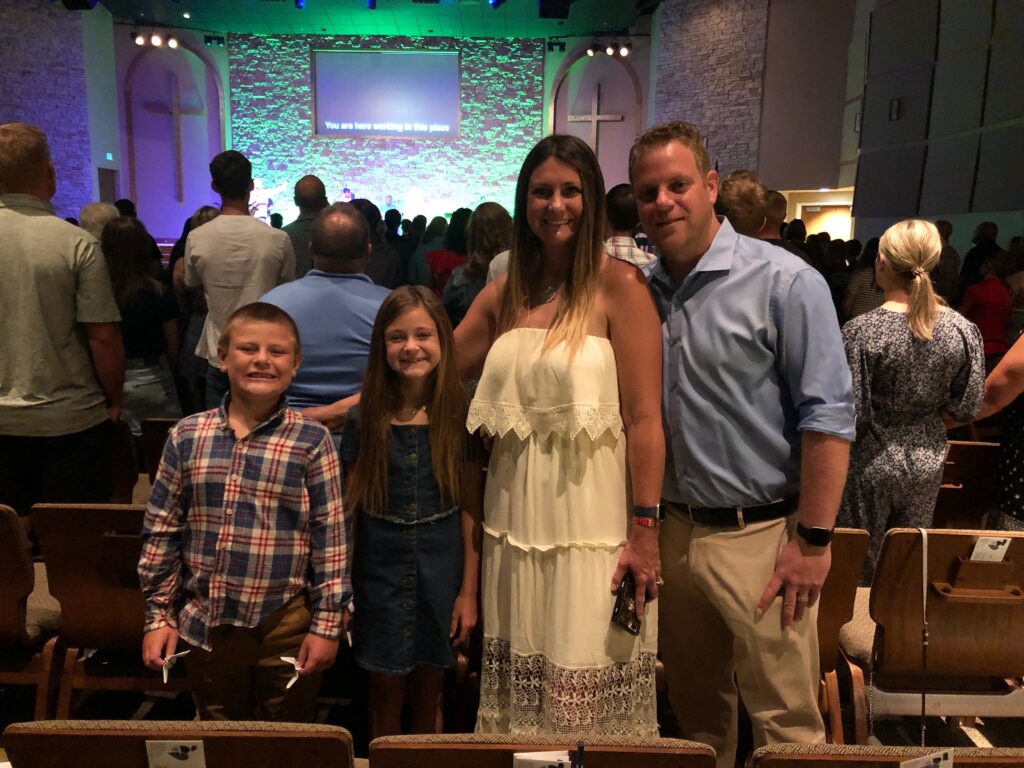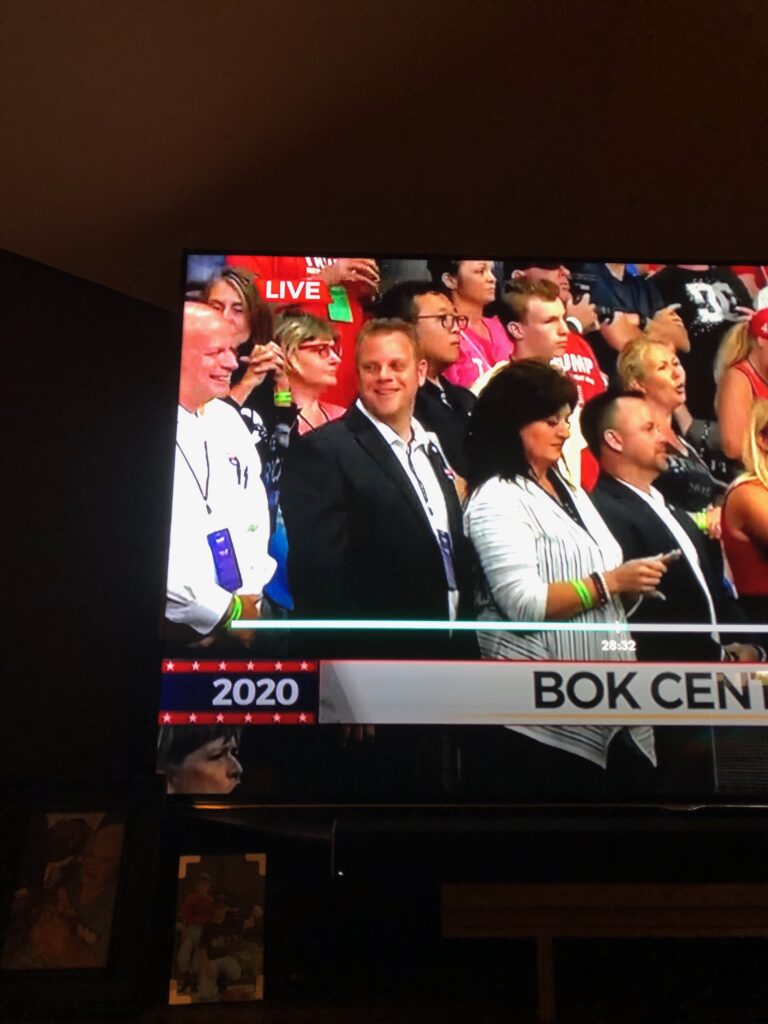Blog
Census Responses Especially Important in Rural Oklahoma
June 23rd, 2020
In the midst of the craziness of the beginning of the COVID-19 pandemic, the launch of the 2020 census efforts have been extra challenging.
The U.S. census launches every 10 years and the population count in each city, county and state is used as a base for federal funding and political districts for the next decade.
The census is incredibly important because it ensures Oklahoma receives fair representation at the federal level as well. The number U.S. Representatives in Washington, D.C. remains the same every decade, but the seats are redistributed as necessary based on population changes. If Oklahoma’s population has increased enough since 2010, we may gain another congressional seat; however, if our population has decreased, we could lose one of our five congressional seats.
In Oklahoma, after the completion of the census, the Legislature develops a redistricting committee in each chamber and appoints a nonpartisan staff to examine the fresh data and draw new legislative districts. This ensures that districts with major population change, like people moving to or away from the area, have an equal number of constituents to represent.
We try to keep districts at about the same population size, which is why some rural districts are huge and metro districts in Oklahoma City and Tulsa are relatively small. A high census count in rural Oklahoma helps ensure that our rural Oklahomans voices will be more equally represented at the State Capitol.
A high response rate from all Oklahomans means more resources for your community! An accurate count helps us receive our share of federal funding for programs and services. All the states combined annually receive more than $890 billion of federal funds distributed using formulas that rely on census data.
For Oklahomans who are not counted, our state loses an estimated $1,675 per person per year. Over the next decade, that’s almost $17,000 lost money for every individual not counted in the census. Instead, that money will be appropriated to other states.
Undercounting just 2% of the population would put Oklahoma at risk of losing about $1.8 billion in federal funding throughout the next decade. Those billions of dollars, which would go directly into our schools, roads, healthcare and public safety services, could instead be sent to another state.
As of this week, about 56% of Oklahomans had completed their census, which lags the national response rate by 6 percentage points. Grady County has a 56.7% response rate, slightly above the statewide rate, and McClain County has a 58.7% response rate. However, Stephens County is slightly behind the statewide rate at 54.9%.
Overall, House District 51 is keeping pace with the statewide response rate and with your help looks to be well on the way to hopefully counting every person in the district! I know our district can do better, so if you haven’t completed your census yet, go to 2020census.gov or call 844-330-2020 to complete it today. It only takes 10 minutes but has huge implications for the next 10 years and the future of our local communities and state.
As a reminder, by law, your information cannot be shared with anybody – not the IRS, not the FBI, not the CIA, not ICE or any other government agency.
If you have already completed the 2020 census for your district, thank you for stepping up! I encourage anybody who hasn’t filled out the census to do so this week.
As always, please let me know if you ever have any questions or concerns that I can help you with. God bless!




I had the opportunity to attend President Trump’s rally in Tulsa and took this picture of him as he took the stage to speak.


